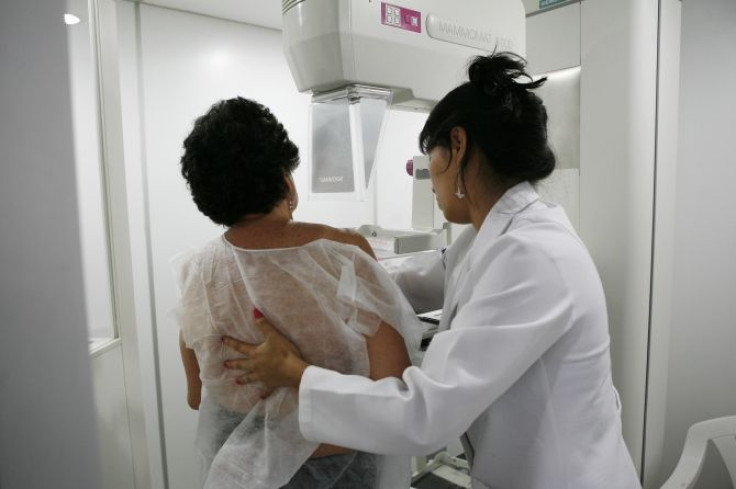Waiting to Have Kids Lowers Women’s Risk for Aggressive Breast Cancer

There has been a lot of ink spent in recent weeks about many younger people delaying starting families. Research indicates that delay may have a positive health benefit, after all.
Triple-negative breast cancer is a particularly lethal form of breast cancer. Though it only affects 10 to 20 percent of breast cancer patients, it does not have the genes for estrogen receptor, progesterone receptor, or HER2/neu, which means that it is not receptive to hormone-blocking drugs like Tamoxifen. It also disproportionately affects African American woman at higher rates than non-Hispanic Caucasian women.
However, there is some good news. Researchers conducted a study with 1,960 women in the Seattle area in order to discover risk factors for the illness. Within the group, 1,021 women had a history of breast cancer in their families, while 941 women did not. Within the group of women with a family history of the disease, 781 had ER-positive breast cancer in their family history, 180 women had families with a history of triple-negative breast cancer, and 60 women came from genealogies with a history of HER-overexpressing breast cancer.
The study, published in a recent issue of Breast Cancer Research and Treatment, found that women who wait 15 years or longer after their first period to give birth to their first child are less likely to develop the disease later on. The study also confirmed that breast-feeding has a protective effect against the lethal disease.
Previous research has found that at least one full-term pregnancy and breastfeeding lowers the risk of the most prevalent breast cancer, ER-positive breast cancer, in women. However, in this study and in previous research, scientists have been uncertain about what exactly pregnancy and breastfeeding does to lower the risk of breast cancer. Researchers on ER-positive breast cancer believe that full-term pregnancies and breastfeeding may change the mechanisms of the cells to reduce the risk of the disease.
The study has particular implications for African American women. Researchers believe that they may be disproportionately targeted by the disease because they were more likely than non-Hispanic Caucasian women to have started having children at a younger age and were less likely to breastfeed.
"Our observations that delayed childbearing and breast-feeding are protective against triple-negative breast cancer suggest that variations in reproductive histories by race may to some extent explain the higher rates of triple-negative disease in African-American women," Christopher Li, one of the study authors, said in a statement.



























